If you are looking for Botox in St Albans, we can offer that. But you might raise an eyebrow when you note it can sometimes be provided by a qualified dentist.
However, you might be surprised to learn that many dental practitioners are multi-skilled and have been regularly involved in non-dental cosmetic work.
New research by University College London has shown just how true this is. A study of 3,000 websites covering 3,667 practitioners found that only 32 per cent of cosmetic injections are provided by medical doctors. 24 per cent were given by dentists and eight per cent by dental nurses.
The study did raise some interesting questions, not least over the skills and qualifications of practitioners and whether these are regulated sufficiently well for the benefit of patients.
Study co-author Dr David Zargaran said: “There are well-documented, yet to date unaddressed challenges in the UK cosmetic injectables market. Without knowledge of the professional backgrounds of practitioners, we cannot adequately regulate the industry.”
This issue has been raised because the government is about to begin a consultation on licensing rules in the industry.
While it is important that patients are safe and that informed consent can be provided in the knowledge that the practitioner has the necessary skills and credentials, it is also important people do not shy away from getting treatments amid any concerns that the treatment might not be safe.
We have multiple practitioners here who are skilled in various areas, so you need have no fears about our staff not being skilled enough. This is a standard that some other clinics might need to come up to if stiffer regulation is implemented after the consultation.
The last government review of the cosmetic treatments industry came in 2014, so it may be high time for this to be looked at again. But that may shed more light on just how multi-skilled many practitioners in the sector are.

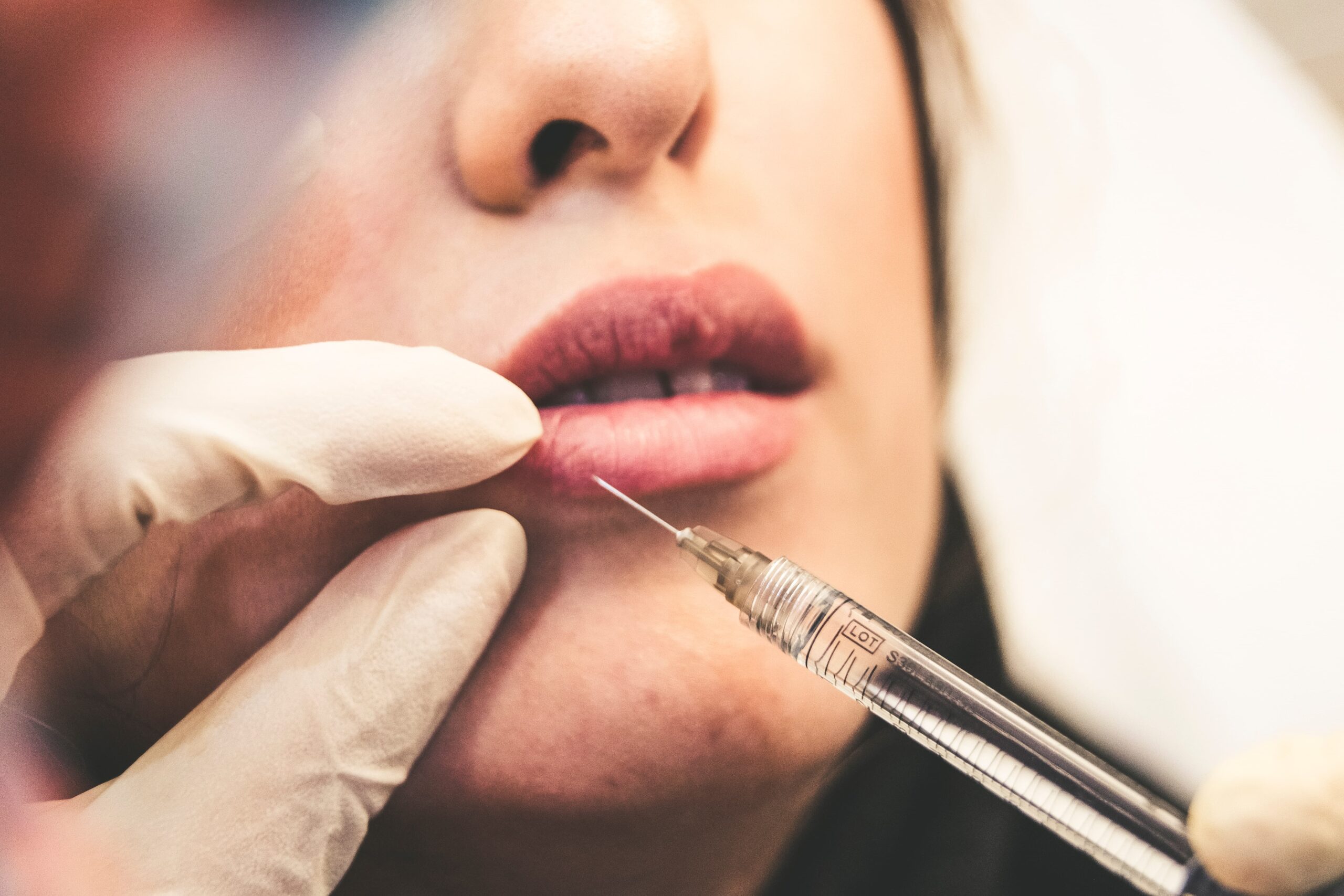
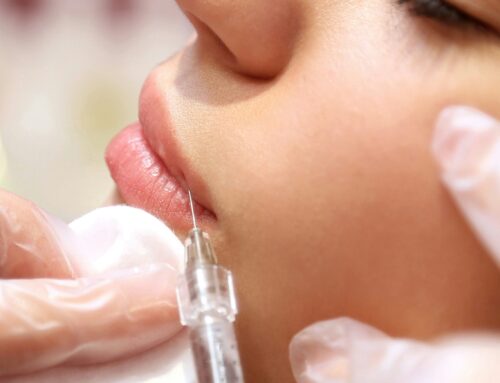
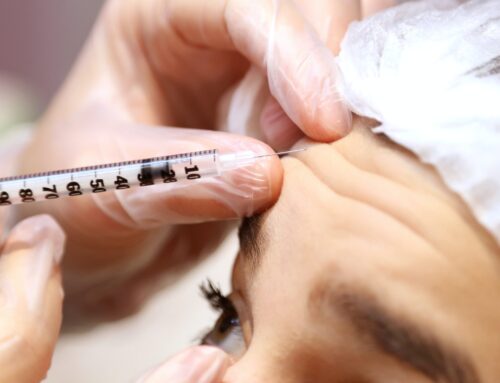

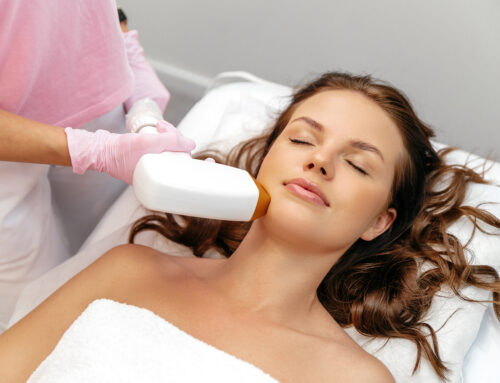
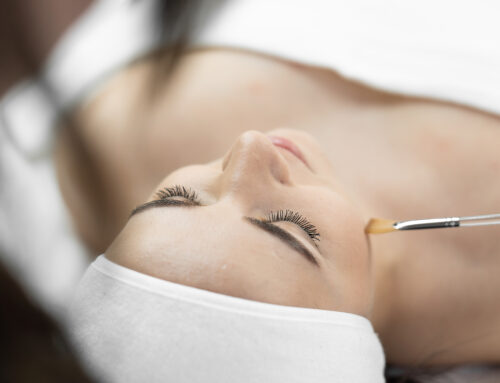
Leave A Comment